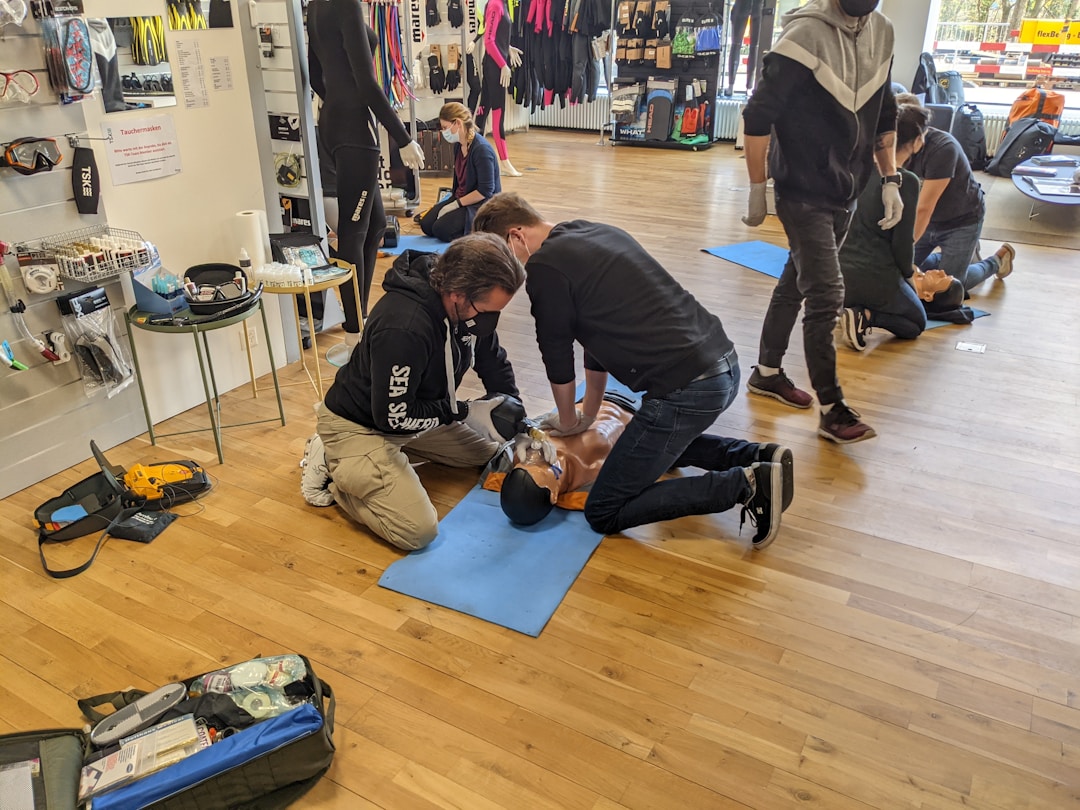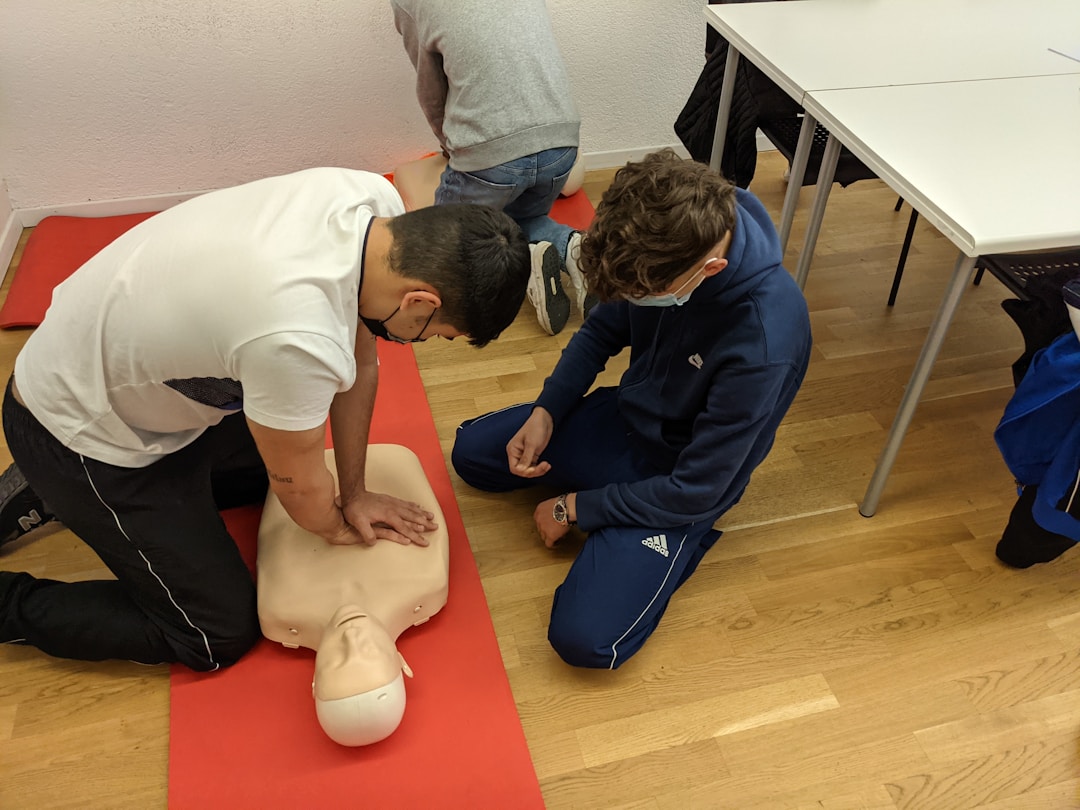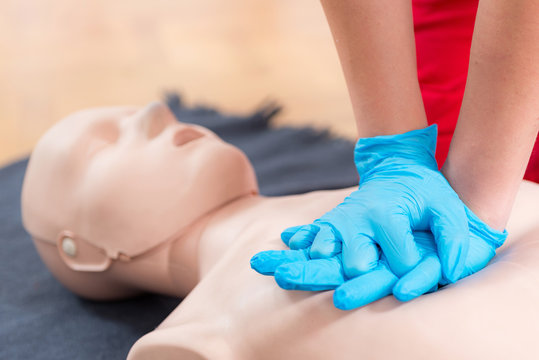The short answer to this question is no: there are no legal requirements specific to starting a CPR training business. However, legal requirements and considerations for generally starting a business will apply to your CPR training business. The following are a few areas that you will need to research before starting a CPR training business to ensure you are meeting all of your legal obligations as a business owner.
Training

You will need to follow an approved training program to ensure that all of your students learn actual CPR that will work in an emergency. You can get a CPR AED certification online to see the process and materials used and get a feel for how others teach CPR. As a trainer, you will need to keep an updated certification, which you can do online.
Supplies

If you are planning to teach in-person training classes, you will need supplies for your class. Those supplies will include educational materials for the students, CPR mannequins called Resusci Anne, and personal protective equipment used during CPR. If you are also training AED, which is often taught along with CPR, you will need an AED machine and AED pads to show students how it works. You will also need the CPR certificate of completion to give to students who complete the course.
If you want to offer a hybrid of online and in-person classes, you will also need to set up a website for the online portion of the CPR certification. As the business owners, setting up and maintaining the website and online classroom portal will be part of your overhead expenses that you will need to plan for.
Taxes

As a business, you will need to register for an Employer Identification Number (EIN) and pay business taxes. It is best to work with an accountant, so as your business grows, you will know what you need to pay for estimated taxes. Hiring a bookkeeper and using a program like Quickbooks will allow you to stay on top of your financial information, so when it comes time to file taxes, you have everything is done and ready to go. Although the bookkeeper and accountant will be an extra expense, it will be worth it for the growth of your business and your peace of mind. You may also have to pay state, regional, and local taxes depending on where you live, so it is important to choose a local accountant who will be familiar with those requirements.
Insurance

You will need business liability insurance to protect yourself and your business from lawsuits. If you own a building where you hold the classes, you will also need insurance to protect the building and people while they are in the building if there is ever an accident on your property. Talk to your insurance agent about your business plan to determine how much insurance you will need.
Business Registration

This will depend on where you live and whether you are operating from your own location. Many areas have license requirements for businesses operating out of their communities. You will need to check with your local municipality to see the requirements for starting a business in your community.
As your business grows, you may turn it into a franchise opportunity for other entrepreneurs to open up their own CPR training facilities under your direction. There are a lot of national companies that offer franchise opportunities. For example, McDonald’s, Subway, UPS, and Denny’s are all franchise companies. There may be additional business registration, insurance, and tax obligations with a franchise, so it is important to look into those before deciding. Your accountant will be able to provide insight into the implications of starting a franchise business model.

